Proven Approach: Stakeholder Centered Coaching
My preferred approach is based on Stakeholder Centered Coaching (SCC), initially developed by a top US coach, Marshall Goldsmith (MG) and proven with 1000s of executives worldwide to deliver measurable behavioural change and business performance improvement. Over the last 20 years, I have developed my own version of SCC and combine this approach with Master Practitioner NLP techniques to change beliefs and values so that behaviours and capabilities change automatically and are sustained long after my coaching programmes have been completed. There are only 20 SCC MG accredited Master Coaches worldwide and I am one of the few based in Europe.
How does this approach work in practice?
Coaching programmes are carefully scoped, structured and contracted from the outset to meet the needs of the client and the leader being coached. Ground rules are clearly established particularly with respect to confidentiality.
Stakeholders' perceptions are explored at the beginning of coaching programmes and feedback on strengths and areas for development is shared, (in a non attributable form).
Coaching development areas are discussed, linked with business requirements and goals are agreed with line managers.
Stakeholders are asked to give regular encouragement and advice during the course of the programmes and a second review is undertaken to assess progress at the end of the initial 6 months.
As the leader engages actively with his/her stakeholders, a ‘bridge’ is built so that eventually this external coach intervention is no longer required to facilitate the effective flow of feedback and future advice. A further 6 months is often helpful to consolidate the changes and allow for support during times of exceptional pressure or organisational change.
Once leaders have been coached for 6-12 months using the SCC approach, they are fully equipped to continue the coaching process on their own, as well as coach their direct reports to develop their leadership behaviours. This is an essential skill set inside the organisation for cultural change and continuous improvement of the effectiveness of leaders and their teams.
What are the basic premises for successful coaching?
I coach following the International Coaching Federation (ICF) code of ethics and I have the following premises:
A non-directive style works best and is used whenever possible to help the leaders being coached to come to their own conclusions as to the changes they should make to their behaviour and ways of operating and the subsequent actions they should take. However, advice is given when requested and appropriate.
Leaders usually know the best possible outcomes to their own challenges and it's the coach's job to help them to fulfil their highest potential beyond the performance they thought was possible.
Leaders being coached have the ability 'to step out of their own way' and be successful, however they define success and it's the coach's role to help them to overcome any 'interference' that stops them fulfilling their potential.
“When there is alignment between what inspires an individual the job they are doing and the direction of the company then phenomenal results can accrue”
Myles Downey, Effective Coaching

